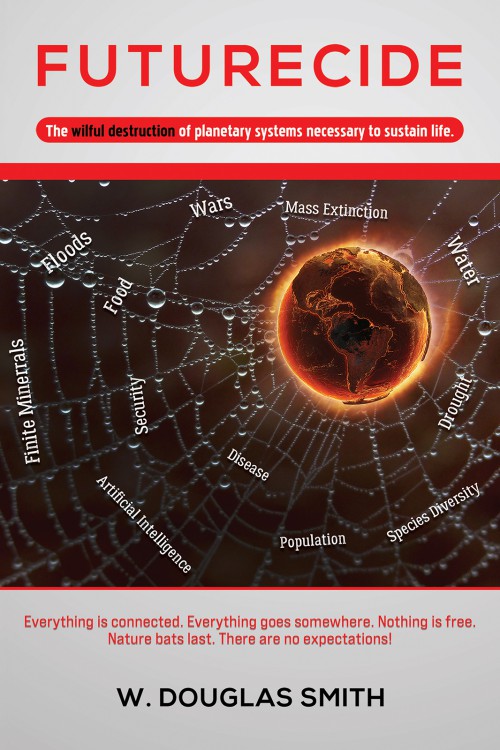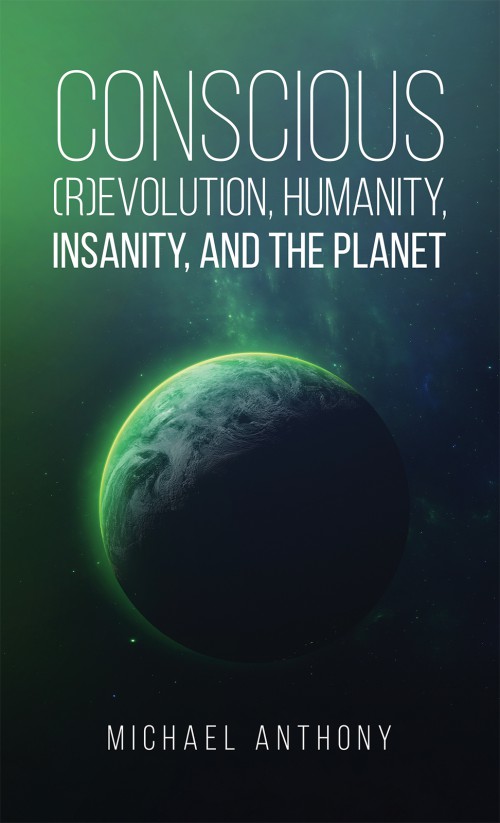Every civilization in history has faced moments of overwhelming existential crises, and they all eventually collapsed. Was this failure inherent in the evolution of civilization, something within the human species, or a combination of both? More importantly, was it predictable and unavoidable? Most civilizations believed they had a special relationship with the divine and were beyond the laws of nature. Our current economic civilization is now global and interdependent. Today’s economy is responsible for the most rapid mass extinction in Earth’s history. We face imminent catastrophic climate change and environmental disruption, yet the same sense of exceptionalism and hubris clouds humanity’s judgement and ability to act rationally.
Environmental disruption is making the planet uninhabitable. No economy can consume its way out of scarcity. This law of nature conflicts with many longstanding economic theories. Sheltered and self-absorbed elitists promote lies and prey on humanity’s most vulnerable instincts of pecking order, conformity, and obedience to authority. These primal instincts may be maladapted to civilization in its current form. Today’s elitists are choosing mass extinction in a false belief in their own invincibility. To survive, humanity can no longer follow delusional leaders to self-destruction.
In non-technical language, the author explores common phases in the development of past civilizations, and the critical junctures and decisions that made collapse inevitable. He investigates the linkages and contradictions between human social behavior, the economy, and the environment. In the closing pages, he identifies a clear path to redemption.







-67bd7b57c69f7uploaded_image.jpg)




